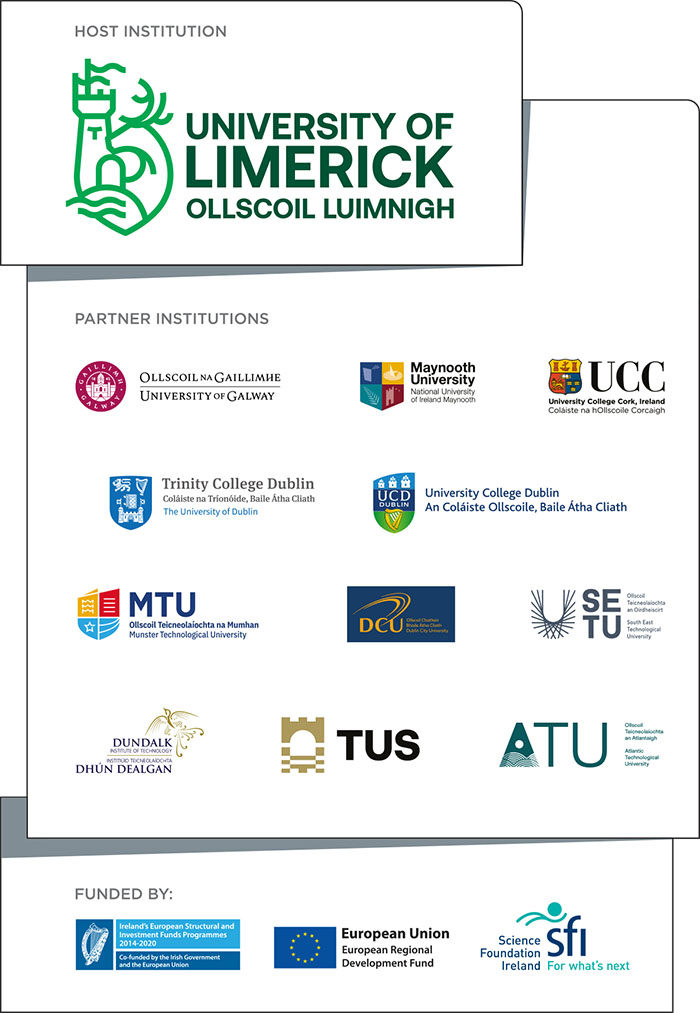How Are Paid and Volunteer Open Source Developers Different? A Study of the Rust Project
You are here
| Title | How Are Paid and Volunteer Open Source Developers Different? A Study of the Rust Project |
| Publication Type | Conference Paper |
| Year of Publication | 2024 |
| Authors | Zhang Y, Qin M, Stol K-J, Zhou M, Liu H |
| Conference Name | Proceedings of the IEEE/ACM 46th International Conference on Software Engineering |
| Publisher | Association for Computing Machinery |
| Conference Location | New York, NY, USA |
| ISBN Number | 9798400702174 |
| Keywords | Open Source Software, paid developers, Sustainability, volunteers |
| Abstract | It is now commonplace for organizations to pay developers to work on specific open source software (OSS) projects to pursue their business goals. Such paid developers work alongside voluntary contributors, but given the different motivations of these two groups of developers, conflict may arise, which may pose a threat to a project's sustainability. This paper presents an empirical study of paid developers and volunteers in Rust, a popular open source programming language project. Rust is a particularly interesting case given considerable concerns about corporate participation. We compare volunteers and paid developers through contribution characteristics and long-term participation, and solicit volunteers' perceptions on paid developers. We find that core paid developers tend to contribute more frequently; commits contributed by onetime paid developers have bigger sizes; peripheral paid developers implement more features; and being paid plays a positive role in becoming a long-term contributor. We also find that volunteers do have some prejudices against paid developers. This study suggests that the dichotomous view of paid vs. volunteer developers is too simplistic and that further subgroups can be identified. Companies should become more sensitive to how they engage with OSS communities, in certain ways as suggested by this study. |
| URL | https://doi.org/10.1145/3597503.3639197 |
| DOI | 10.1145/3597503.3639197 |




